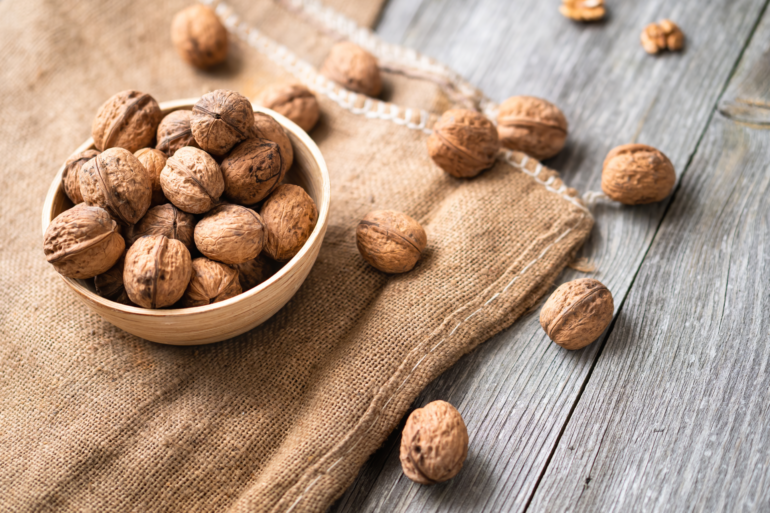Sure, walnuts are great for your health. But did you know that their shells can help reduce emissions and improve the engine performance of cars? Find out more about walnut shell blasting below!
For most of us, walnuts are a great source of nutrition and apparently have many health benefits. However, the shells, are usually discarded without a second thought.
It might come as a surprise to you then, that the hardness of walnut shells has its applications.
In the 1960s, the US Navy pioneered an innovative coating removal blasting technology known as walnut shell blasting. Walnut shell blasting is used to remove the top coating in submarines and aircraft carriers without damaging the expensive undercoats.
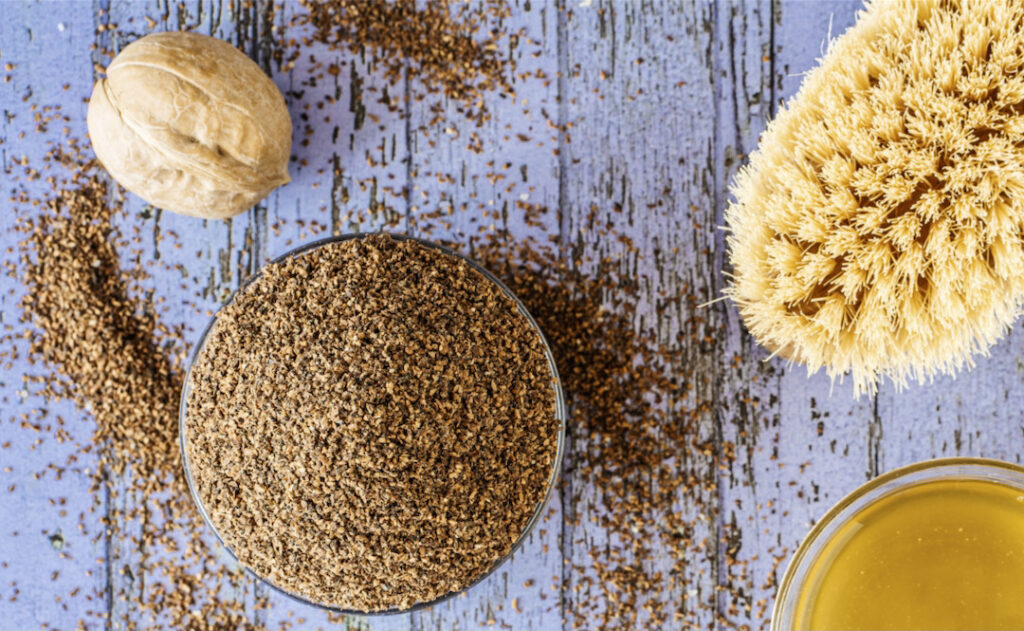
Walnut shells are ground to a sand-like consistency, then blasted out with compressed air. With enough force, the walnut shells are hard enough to scrape away dirt and stubborn deposits but are pliant enough to leave the original surface unharmed.
There are also many other mediums that are used for abrasive blasting:
- Shot blasting, which uses metal beads
- Sandblasting
- Plastic media blasting (PMB)
- Water blasting
- Dry ice and vapour, which are also used for various applications
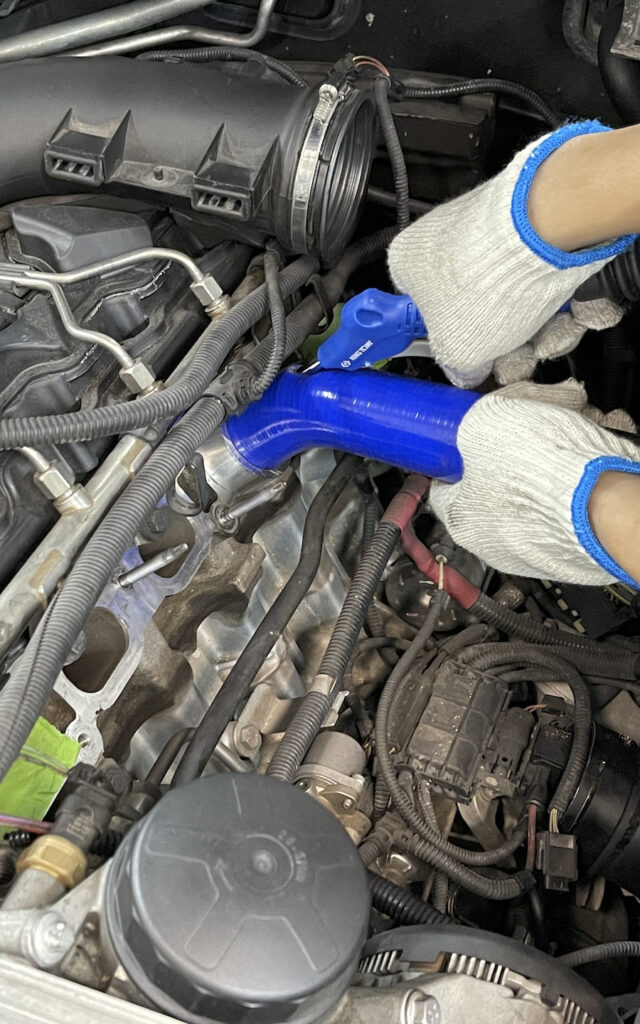
The walnut shells are blasted through a special nozzle…
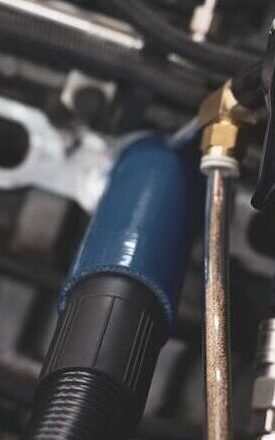
and simultaneously vacuumed out from the intake manifold!
Among these abrasive blasting media, walnut shells have numerous advantages. In addition to having just the right level of hardness, the material is also biodegradable. Spent walnut shells are easier to dispose compared to other blasting materials. For example, Unlike PMB, washing away walnut shells carries no risk to water sources or wildlife.
Walnut shells are also lighter than a similar volume of metal shot blasting media. This means that shipping them in bulk costs less, and the savings can be passed onto the customer. The biodegradability of walnut shells also means that the spent material will not occupy landfills for years to come.
walnut shell blasting for cars.
In the last few years, walnut shell blasting (WSB) has found its way to engine cleaning applications. Carbon deposits in engine manifolds are notoriously stubborn. They can also be hard to reach with conventional cleaning tools like brushes. If left unchecked, over the years, these unsightly deposits can accumulate and eventually decrease the size of the passageways where air enters into the cylinder chambers to combust the fuel.
However, finely ground walnut shells blasted out with compressed air can get into the smallest nooks and crannies to scrub away any carbon deposits.
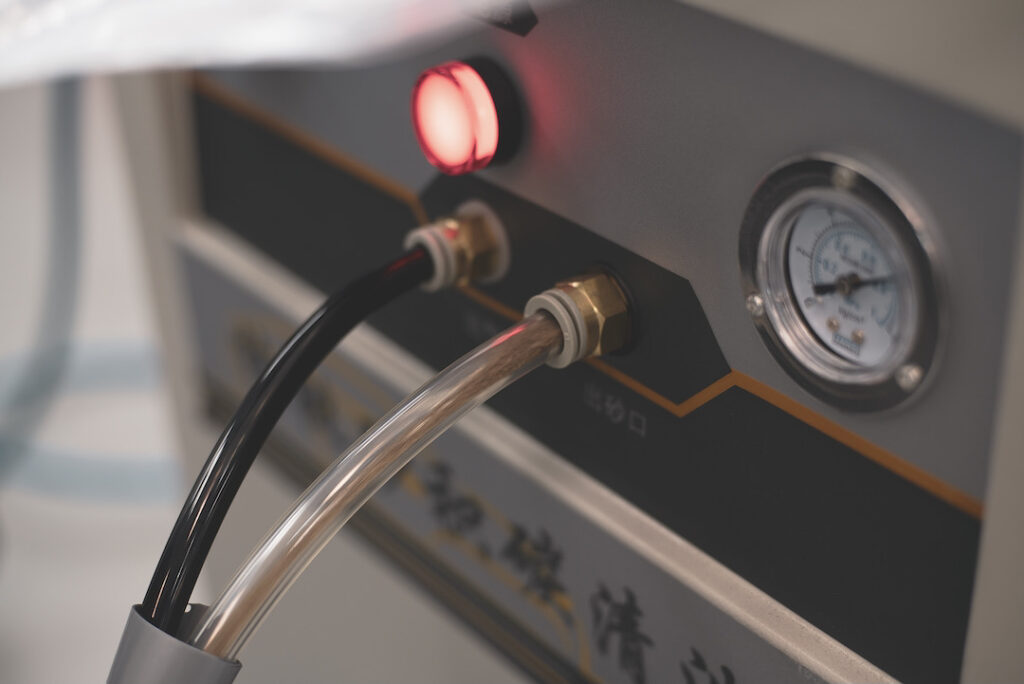
The engine’s ability to make as much power as it was designed to becomes reduced by restricted air volumes from dirty intake manifolds. Drivers commonly experience a drop in performance with older cars. Meanwhile, newer cars driven a lot at low and medium speeds can also be affected. Most Singapore cars are incidentally affected since the Causeway has been closed for over a year.
This is where walnut shell blasting can help alleviate carbon build-up in exhaust manifolds. A mechanic takes apart the intake manifold and uses a special device that blasts the ground walnut shells with compressed air. Next, a high-powered vacuum sucks the spent walnut shells out of the cleaned areas along with the carbon deposits and dirt that have been dislodged by the process.
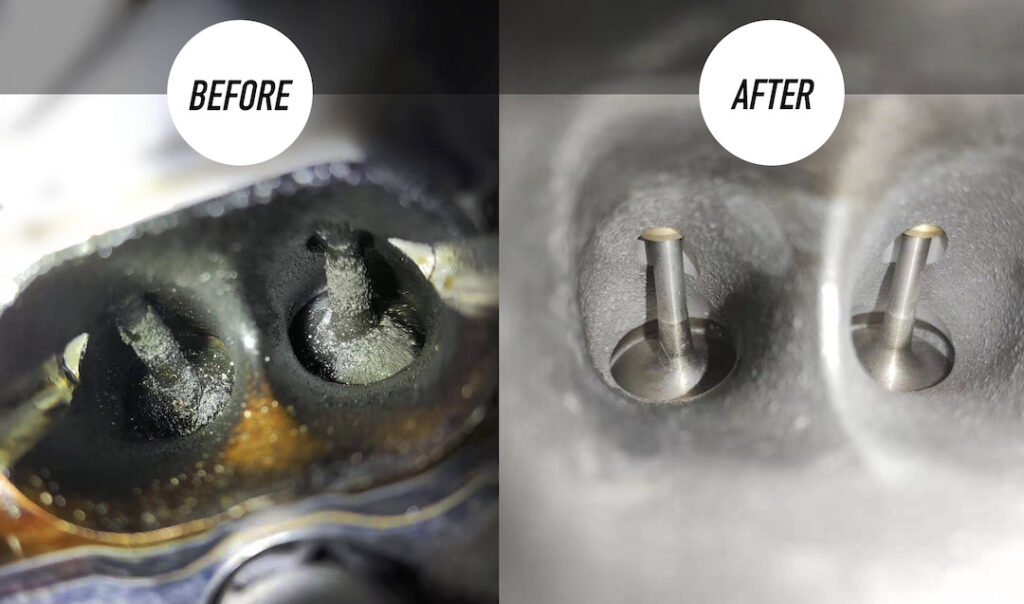
The photos of the cylinder heads that have been cleaned by WSB show just how effective the process is as the surrounding areas look brand new again. Perhaps more importantly, drivers of these cars can attest to how much better their cars feel after just one session.
Usually, a proper WSB treatment should take about three to four hours depending on the type of engine and how easy or difficult the manifold is to access.
The WSB process itself takes between an hour or two for a four or six-cylinder engine. Cars with more cylinders would naturally need more time, and it mainly depends on the complexity of accessing the manifold interior.
an environmental win-win solution.
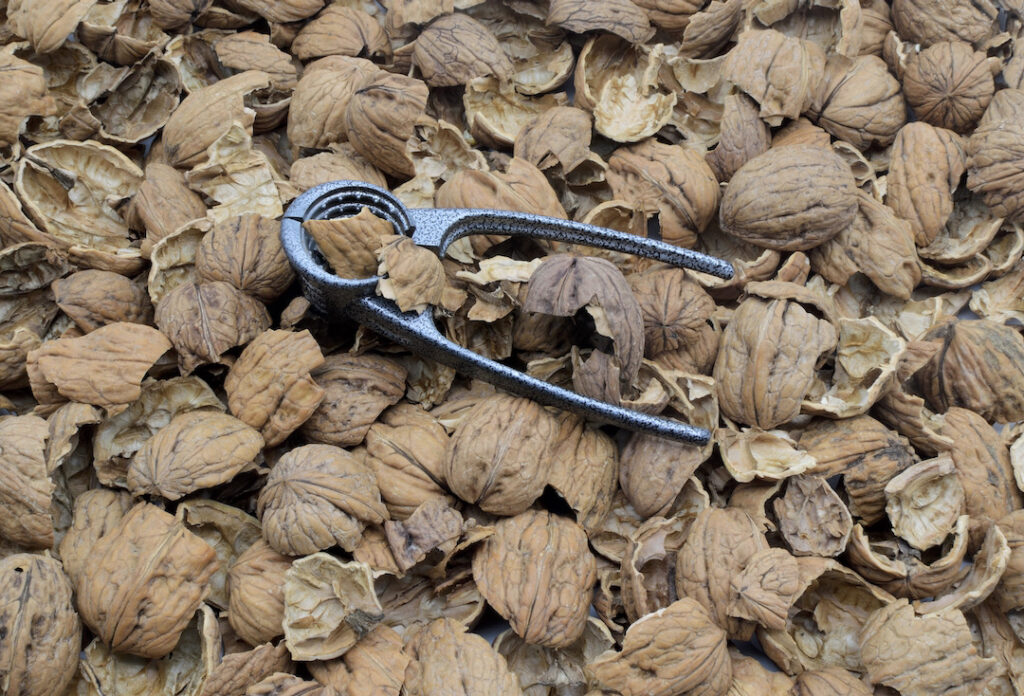
It isn’t too often that we come across a solution that is environmentally sustainable, yet improves the performance of our cars and can improve our cars’ fuel consumption while saving us money in the process.
WSB is actually such a solution. Walnut shells are a completely natural product that would otherwise be discarded by the food industry. As walnuts are cultivated mainly for food, the shells are effectively a renewable resource.
Additionally, cleaning manifolds and cylinder heads back to their shiny, brand new glory undoubtedly improves fuel consumption which in turn, reduces emissions. It doesn’t get any better, does it?
*Article first published on autoapp.sg.
Enjoyed this article? Why not browse some eco-friendly car care products or check out the latest in electrified mobility here?

